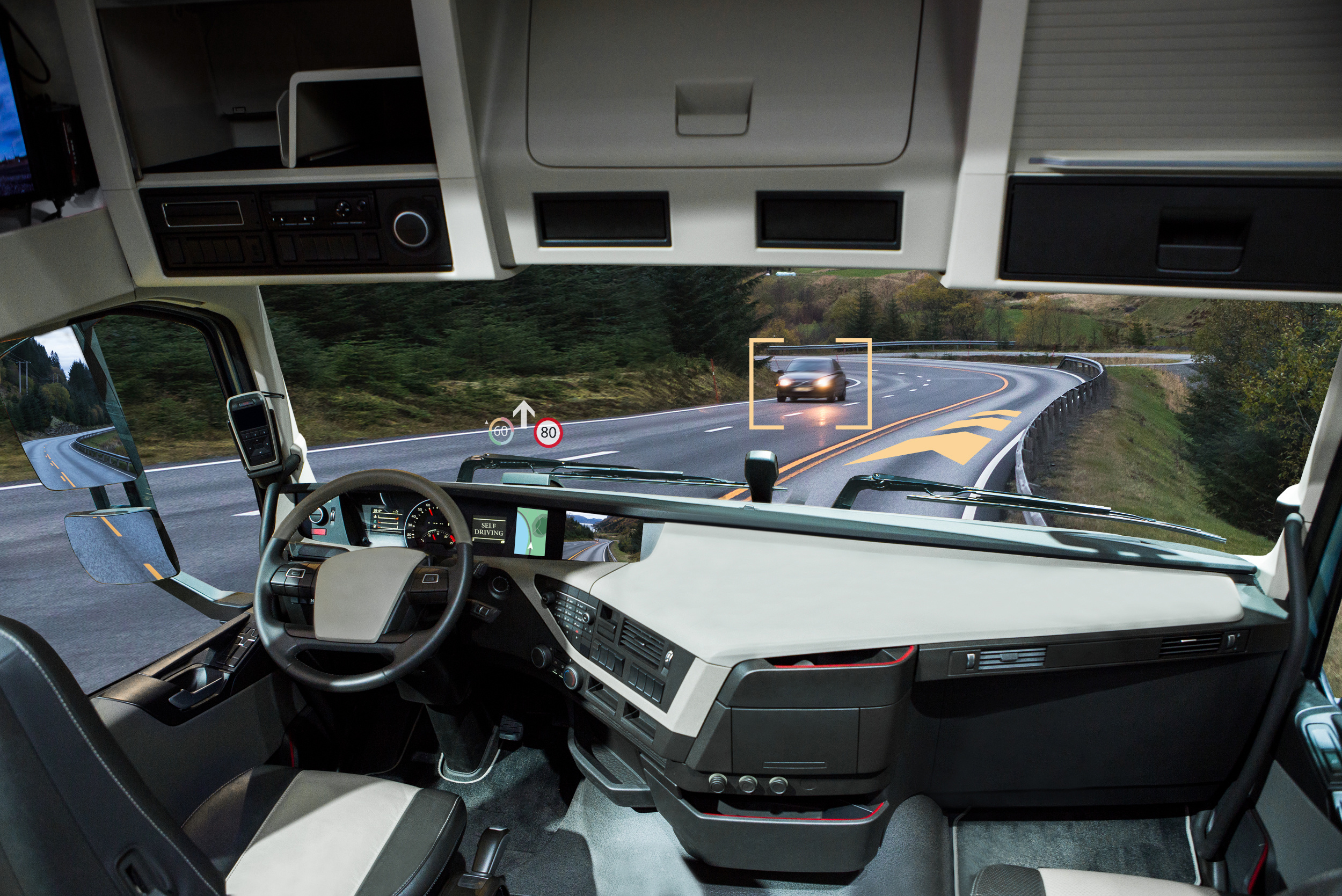
The Future of Automated Trucks in the Trucking Industry
The recent strides and innovation in semi-truck technology are going to revolutionize the industry. A few years ago, fully automated trucks seemed like science fiction, but today they’re becoming a reality. Some of the top names in the market are throwing their hat into the race to produce an elegant solution to the automation question. Today, we’re beginning to see real-world applications of self-driving technology, which will have a huge impact on the trucking industry.
Projected Growth of Automated Trucks
Trucking automation is currently in its early stages. While there are technologies like semi-autonomous platooning that help increase fuel efficiency, there’s still plenty of room for growth.
Forecasts project that, by 2026, there will be a nearly $2 billion market for self-driving trucks, achieving nearly 15% growth annually. This will arise in response to a serious labor shortage in the trucking industry.
The largest hurdles to automated driving technology include more affordable labor outside of North American and European markets, as well as legal regulation domestically. Fortunately for fleet owners, automated trucks are able to help with more than cross-country freighting.
Some of the most practical uses of self-driving commercial trucks can be short-distance, private transportation. For example, a farm truck can use self-driving technology to move equipment short distances, cutting down on the labor overhead of driving.
Automated Trucks on the Market
Currently, there are a few big names working on bringing autonomous semi-trucks to market. The first name to begin testing fully automated vehicles was Ford, though they put much of their focus on consumer vehicles. Tesla is another big name in autonomous driving, and its fully electric semi-truck recently outperformed expectations. It’s likely that it will be partially autonomous when it hits the market in 2020.
Mack currently offers an additional feature called Mack Connect, which can partially automate a semi-truck, improving fuel efficiency and driver safety. Isuzu has recently partnered with microchip manufacturer Nvidia to make their own self-driving technology. This is part of a broader initiative to modernize the company, alongside cloud-based technology like Isuzu Connect.
How Volvo Automated Trucks are Driving Innovation
While most big names are beginning to develop self-driving semi-trucks, Volvo already has one in use. The Volvo Vera is the first publicly used self-driving commercial truck, and it’s a true glimpse into the future. It operates on a fully-electric motor, and looks more like a sedan than a semi-truck, without any interior.
The vehicle is used to transport minerals in Sweden for a mining operation. It currently only drives about 3-mile distances at a time, and hits a top speed of 25 mph. The Vera isn’t available on the market, but as of February of 2019, there are currently 6 in operation on public roads in Sweden.
Preparing for the Future of Trucking
The trucking industry is about to experience a surge in growth, efficiency and innovation. The use of automated trucks will increase safety and fuel economy throughout fleets. As automation compensates for labor shortages, operation costs will decrease and the whole industry will grow as a result.
To learn more about automated trucks and their place in the trucking industry, contact Nextran Truck Centers. With 16 locations across Florida, Georgia and Alabama, we’ll be here for every new innovation.
